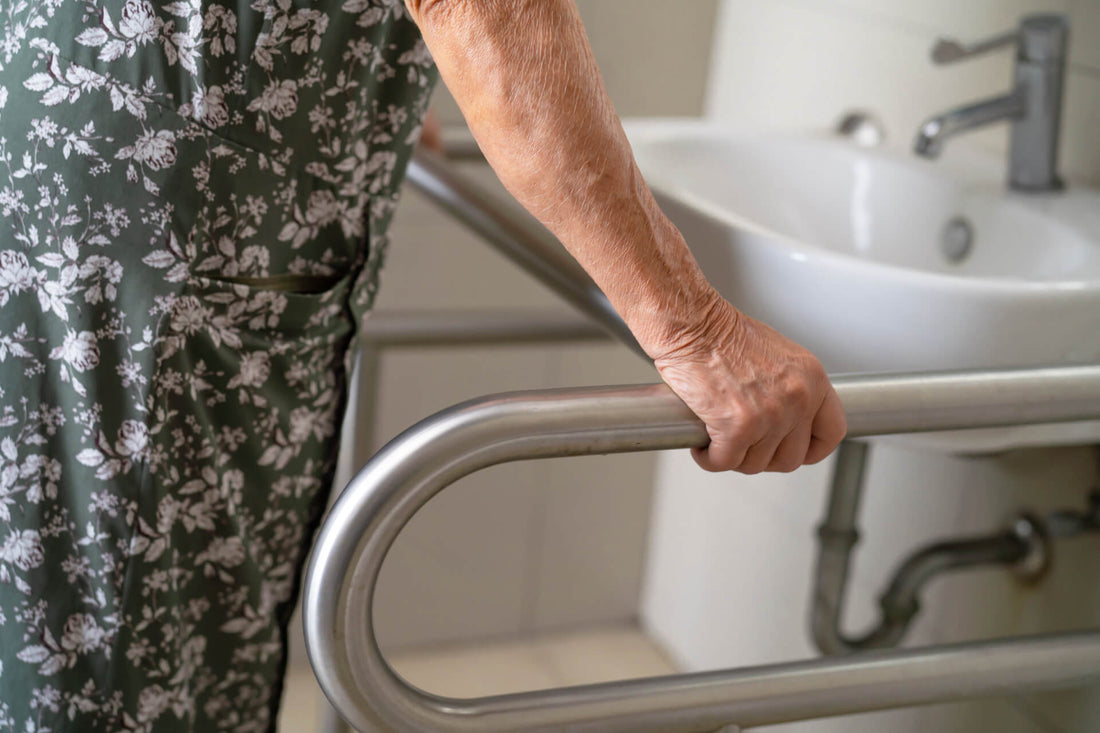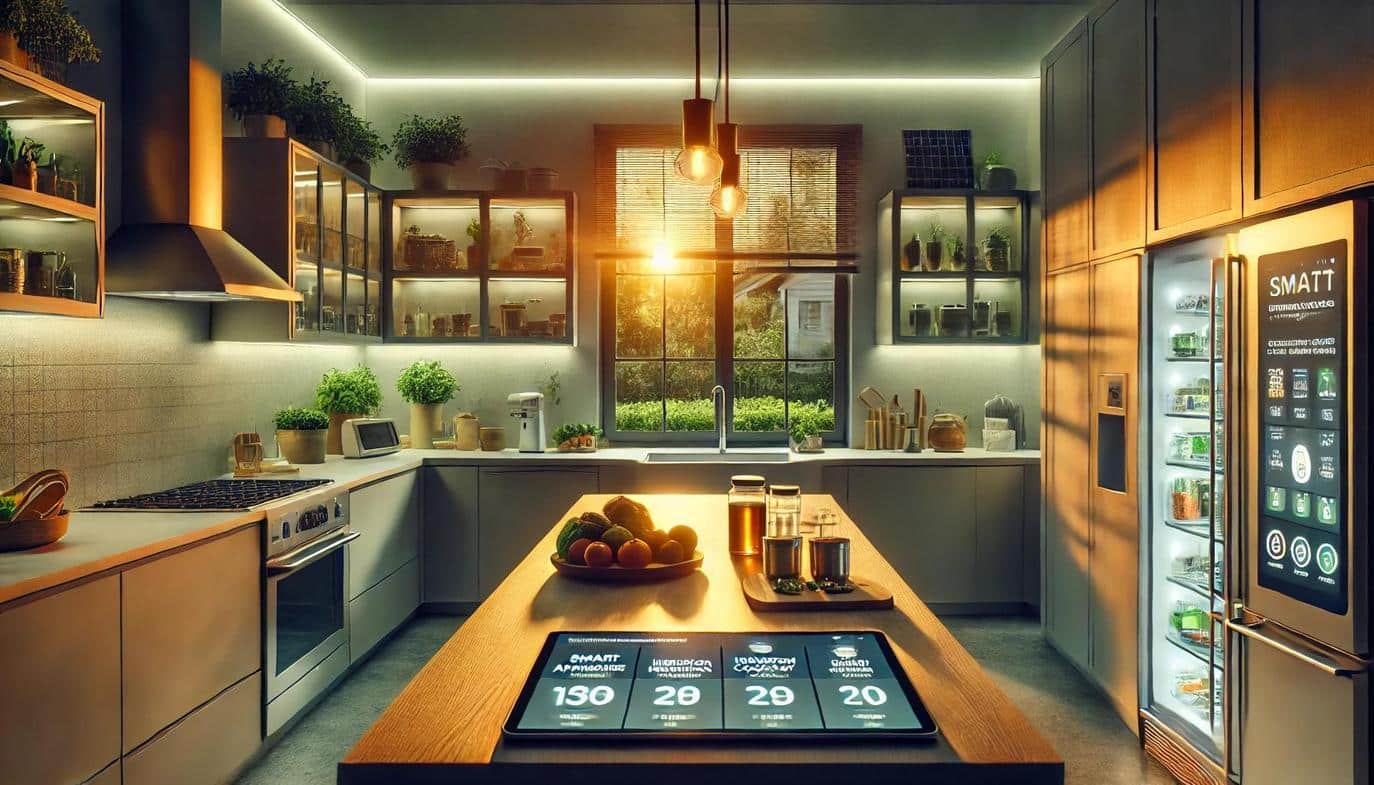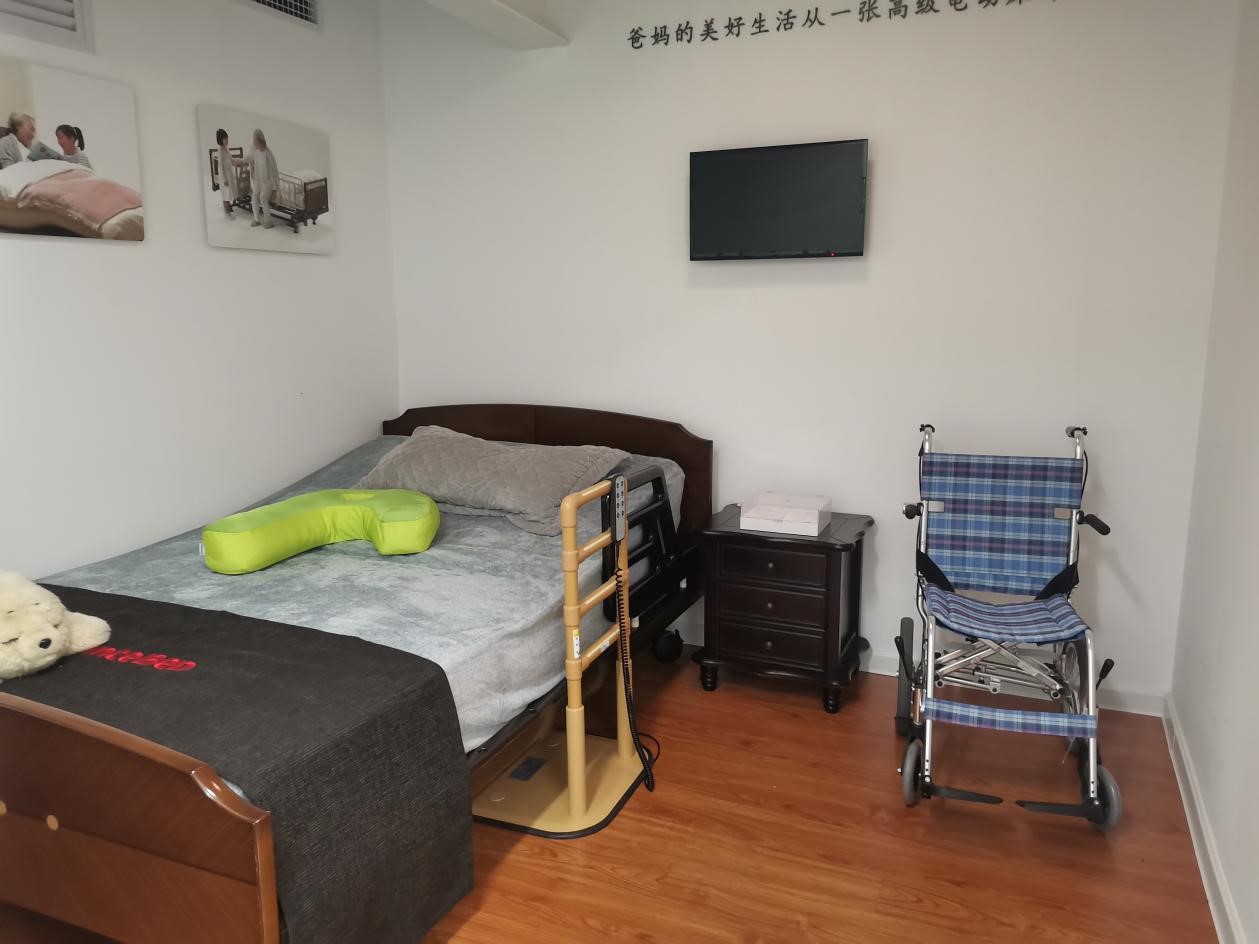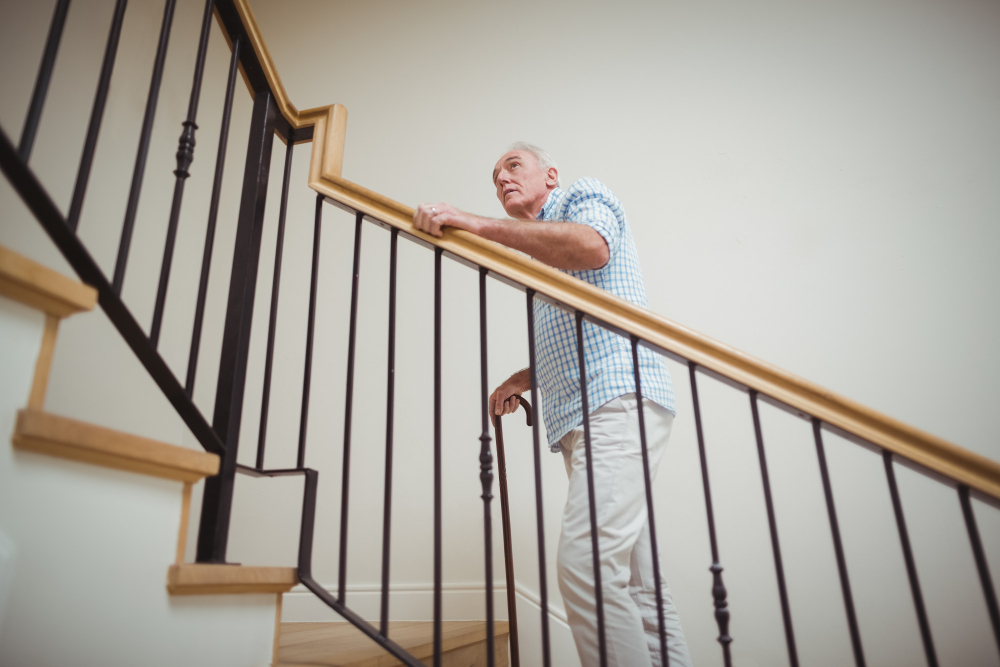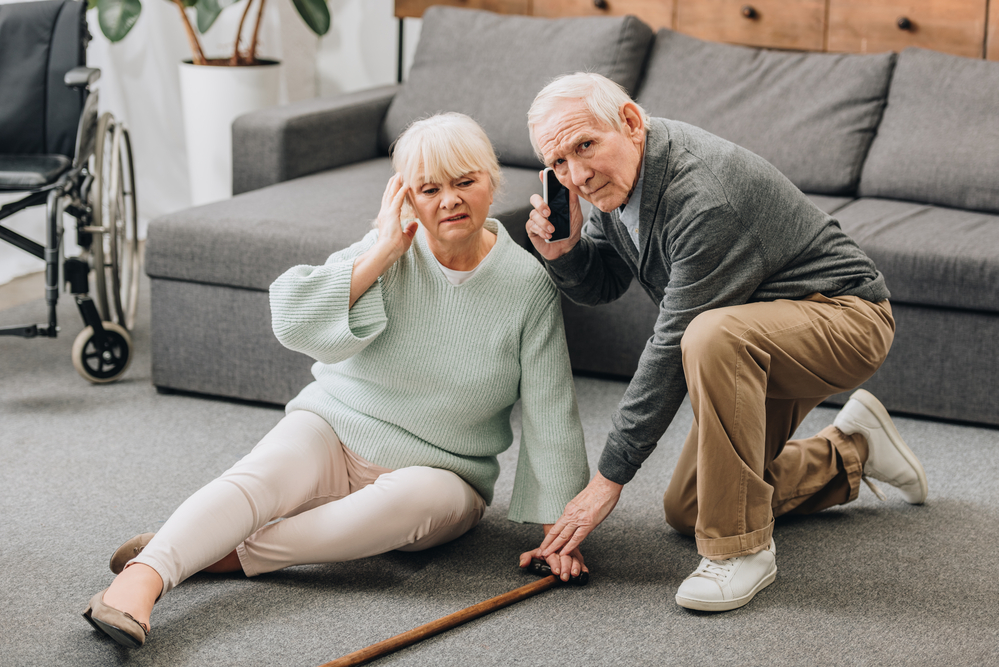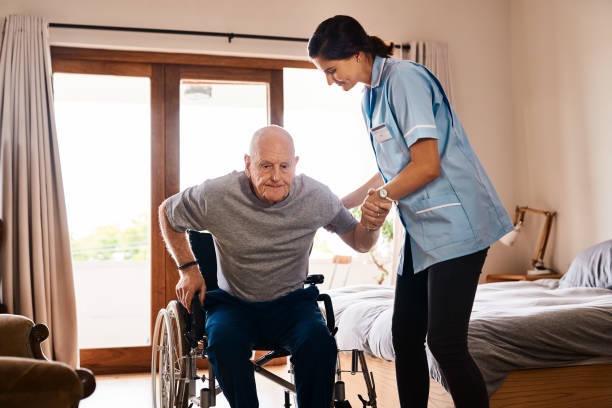As our loved ones age, their safety becomes a growing concern, especially for family caregivers who strive to ensure a secure living environment. Daily safety checks for seniors can play a critical role in preventing accidents and promoting peace of mind. Whether seniors live alone or with family, these checks are essential to maintain their well-being and independence.
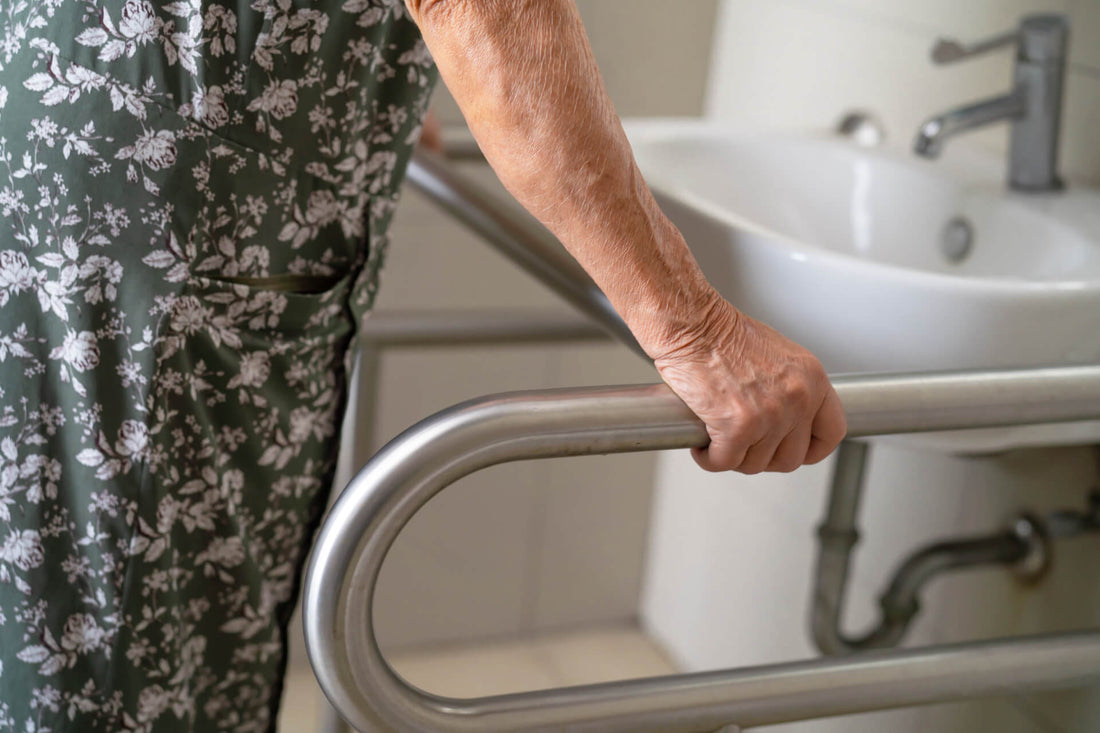
Why Are Daily Safety Checks Important?
The importance of daily safety checks cannot be overstated. They help identify potential hazards and address them before they become serious issues. With age, seniors may experience decreased mobility, vision, and cognitive abilities, making them more susceptible to falls and accidents. Regular checks can help mitigate these risks.
Identifying Household Hazards
A major component of daily safety checks involves identifying and addressing household hazards. This can include loose rugs, electrical cords, and cluttered pathways. Ensuring that the home is free from such dangers can significantly reduce the likelihood of falls.
Monitoring Health Conditions
Family caregivers should pay attention to any changes in a seniors health condition. This includes monitoring medication intake and being aware of symptoms like dizziness or confusion that could indicate a health issue. Regularly checking in with healthcare providers can also be beneficial.
Essential Components of Daily Safety Checks
Creating a routine for daily safety checks for seniors can help in systematically addressing safety concerns. Here are some essential components:
1. Home Environment
- Lighting: Ensure that all areas of the home are well-lit to prevent falls. Nightlights can be helpful in dark hallways or bathrooms.
- Security: Check that all doors and windows are secure. Consider installing security systems or Alexa devices for added safety.
- Fire Safety: Make sure smoke detectors are functioning and easily accessible.
2. Personal Safety
- Mobility Aids: Ensure that canes, walkers, or other mobility aids are in good condition.
- Emergency Contacts: Have a list of emergency contacts readily available.
- Medication Management: Use pill organizers to monitor medication intake.
3. Health Monitoring
- Vital Signs: Regularly check vital signs like blood pressure and heart rate.
- Diet and Nutrition: Ensure a balanced diet and monitor food intake. For more tips, visit meal safety tips.
- Hydration: Encourage regular water intake to prevent dehydration.
Technological Aids in Safety Checks
Technology can significantly aid in daily safety checks for seniors. Devices such as voice-activated systems can assist in daily communication and emergency alerts. Additionally, smart home devices can automate lighting and temperature controls.
Wearable Devices
Wearable devices like medical alert bracelets can provide immediate assistance in emergencies. These devices can alert family members or emergency services if a senior needs help.
Remote Monitoring
Remote monitoring systems allow family caregivers to check on their loved ones from afar. These systems can track movements, detect falls, and even monitor vital signs.
Creating a Safe Home Environment
Home renovations can be an effective way to enhance safety for seniors. This may include installing grab bars in bathrooms, using non-slip mats, and widening doorways for wheelchair access. For more detailed advice, see home renovation tips.
Adapting the Kitchen and Bathroom
These areas are often the most hazardous. Ensure that kitchen appliances are within easy reach and that bathrooms have safety features like grab bars and shower seats.
Flooring and Furniture
Use non-slip flooring and consider removing rugs that can cause tripping. Furniture should be sturdy and arranged to allow easy movement.
Conclusion
Incorporating daily safety checks for seniors into a routine is crucial for maintaining their safety and independence. By addressing potential hazards, monitoring health conditions, and utilizing technology, family caregivers can significantly enhance the quality of life for their elderly loved ones.

FAQs
What are daily safety checks for seniors?
Daily safety checks involve assessing the home environment and health of seniors to prevent accidents and ensure their well-being.
How can technology assist in safety checks?
Technology such as smart home devices and wearable alert systems can enhance safety by providing remote monitoring and emergency assistance.
What are some simple home modifications to improve safety?
Simple modifications include installing grab bars, using non-slip mats, and improving lighting. For more tips, see aging-in-place guidelines.
This article contains affiliate links. We may earn a commission at no extra cost to you.

